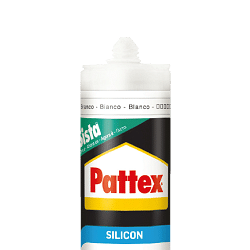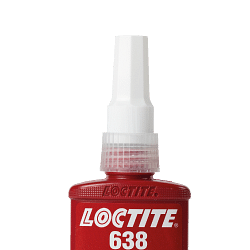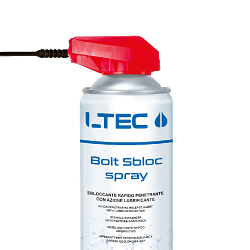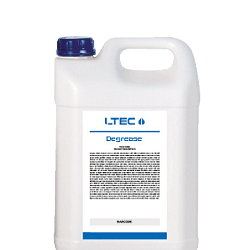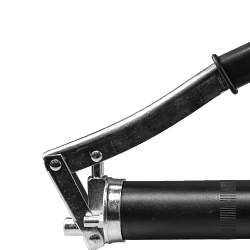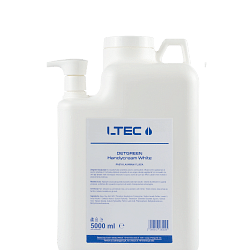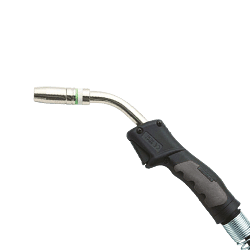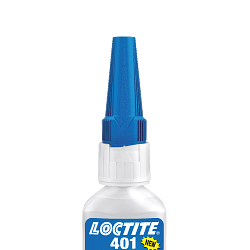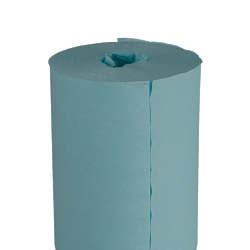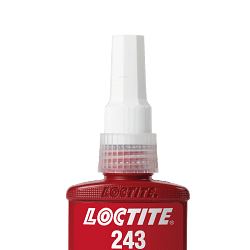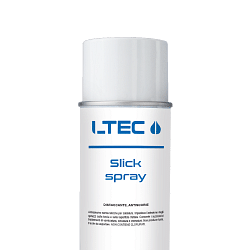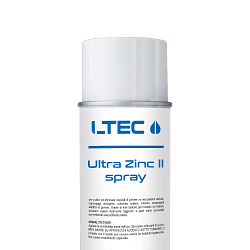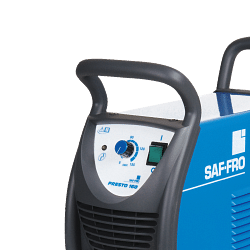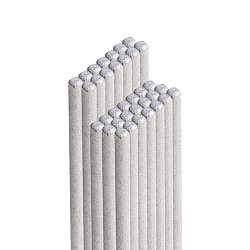Register and use the discount code NEWWELCOME to get 10% off on your first purchase. GET DISCOUNT.
Register and use the discount code NEWWELCOME to get 10% off on your first purchase. GET DISCOUNT.
Register and use the discount code NEWWELCOME to get 10% off on your first purchase. GET DISCOUNT.
Free shipping in 24h from 200€
Catalogues
Customer service
How can we help you?
- Faq
- Customer service
02.927371
- Supporting big orders
02.38298620
-
info@linkindustrialtools.it
- Request assistance with form
Or contact us with the chat in the lower right corner
- All products
 Integral cutting tools
Integral cutting tools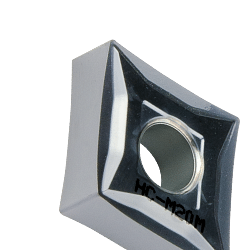 Turning tools
Turning tools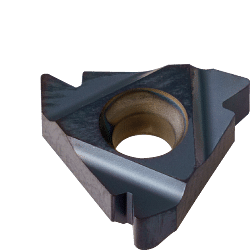 Thread tools
Thread tools Thread tools
Thread tools- All products
- Thread inserts
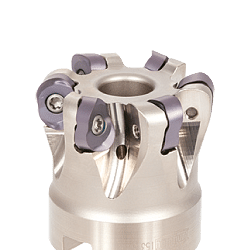 Milling cutters
Milling cutters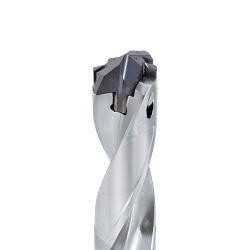 Drilling tools
Drilling tools Drilling tools
Drilling tools- All products
- Indexable drill bits
- Indexable drill heads
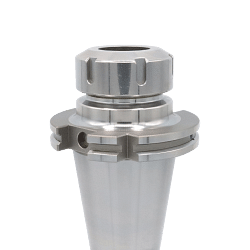 Clamping systems
Clamping systems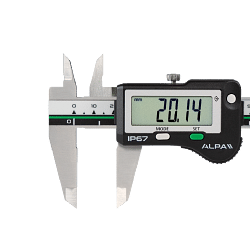 Measuring and precision tools
Measuring and precision tools Measuring and precision tools
Measuring and precision tools- All products
- Digital calipers with readings to 0.01
- Analogue calipers
- Digital micrometers
- Analogue micrometers
- Bore gauges
- Snap gauges
- Digital gauges
- Analogue gauges
- Touch probes
- Zero setters and edge finders
- Inspection plates
- Altimeters
- Height gauges
- Squares and levels
- Threaded rings
- Gauge blocks
- Calibrated tapes and thickness gauges
- Digital and analogue hardness testers
- Roughness testers
- Microscopes, lenses and visors
- Digital thermo-hygrometer to measure moisture
- Reset benches
- Optical profile projector
- Professional, digital dynamometers
- Laboratory scales
- Digital amperometric pliers
- Thickness and adhesion gauges
 Hand tools
Hand tools Hand tools
Hand tools- All products
- Combination wrenches
- Spanners
- Hook wrenches
- Tubular wrenches
- Hexagon keys
- Torx wrench
- Socket wrenches
- Screwdrivers
- Torque wrenches
- Torque screwdriver
- Inserts and bits for screw drivers
- Tool trolleys
- Workshop pliers
- Wire strippers
- Cable strippers
- Cutting nippers
- Professional scissors
- Nippers
- Professional shears
- American or Swedish pipe wrench
- Adjustable wrench
- Pipe tools
- Pipe cutter for plumber
- Cutter
- Hacksaws
- Deburring tools
- Chisels
- Hammers and mallets
- Mechanical and conical pullers
- Clamps
- Tap wrenches and die stocks
- Riveters
- Flexometers
- Tape measures
- Markers
- Flat squares and rulers
- Professional dividers
- Professional protractors
- Brushes
- Lubricators and spray nozzles
- T-wrenches
- Reversible ratchets
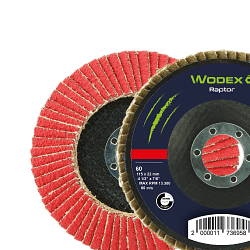 Abrasives
Abrasives Abrasives
Abrasives- All products
- Cutting discs
- Deburring grinding wheel
- Flap discs
- Fabric discs for surface treatment
- Abrasive fibre discs with Velcro
- Abrasive cloth in rolls, sheets and bands
- Flap wheels with pin and abrasive wheel with hole
- Abrasive wheels for buffing machines
- Abrasive spiral bands
- Abrasive brushes
- Flexible sanders
- Mounted grinding discs
- Polishing felt
- Solid carbide rotary cutters
- HSS rotary cutters
- Abrasive wheels for sharpening and grinding
- Diamond grinding wheels
- Grinding stone
- Diamond paste
- Abrasive stones
- Files and rasps
- Diamond files
- Grinders and polishing equipment
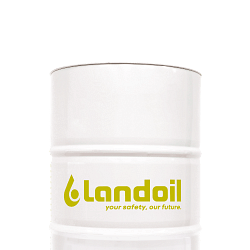 Lubricants for machine tools
Lubricants for machine tools Lubricants for machine tools
Lubricants for machine tools- All products
- Water-miscible coolants
- Neat cutting oil
- Minimal lubrication systems
- Oil for guides and slides
- Drums of hydraulic oil fluid
- Anti-freeze for machine tools
- Air coolers
- Oil separator
- Powders and absorbents for oil
- Aspirators for oil mist
- Accessories for cooling lubricants
- Metal and mould protectors
- Grease and paste
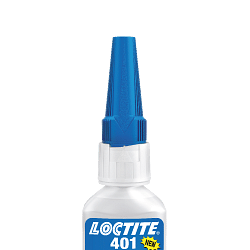 Chemical, adhesives and sealants
Chemical, adhesives and sealants Chemical, adhesives and sealants
Chemical, adhesives and sealants- All products
- Acrylic, cyanoacrylate and epoxy adhesives
- Guns and silicon sealant
- Threadlocker
- Sealants and retainers
- Release agents, lubricants and anti-seize
- Zinc spray and polishes
- Lubrication accessories
- Protections for maintenance
- Industrial Cleansing
- Handwash
- Industrial cloths and rags
- Welding machines
- Electrodes
- Clamps, shields and welding masks
- Antispatter
 Safety equipment
Safety equipment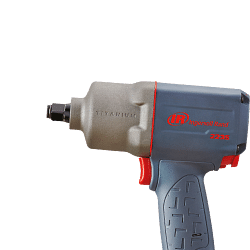 Pneumatics
Pneumatics Lifting systems
Lifting systems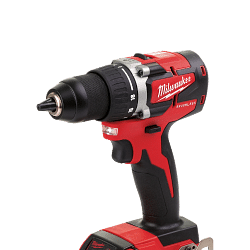 Workshop equipment
Workshop equipment Workshop equipment
Workshop equipment- All products
- Column and bench drills
- Accessories for lathes
- Band saws
- Cut-off machines
- Bench grinders
- Power tools
- Spare parts and accessories for Power Tools
- Saws and hole cutters: wood, metal and plasterboard
- Tapered cutters for sheet metal
- Industrial aspirators
- Fume aspirators
- Bench vices
- Technical lamps
- LED torches
- Industrial cable winders
- Trolley wheels
- Quick clamps
- Threaded inserts
- Control knobs
- Packaging accessories and material
- Belt sanders
- Electric tapping machines
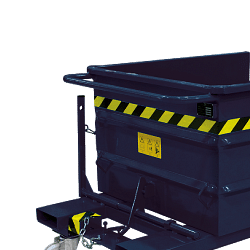 Furnishings and storage
Furnishings and storage Furnishings and storage
Furnishings and storage- All products
- Work benches
- Swivel chairs for office use
- Drawer units for workshops
- Industrial cabinets for warehouses and workshops
- Tool cabinets
- Security cabinets
- Changing room cabinets
- Containers for small metal parts
- Scrap holders
- Workshop trolleys
- Spill pallets for drum storage
- Shelves for warehouses and offices
- Cantilever shelving
- Aluminium ladders
- Modular plinths
- Units and cabinets for waste recycling
 Brand
BrandPromotions
 Bestseller
Bestseller- Catalogues
-
Catalogues
Customer service
How can we help you?
- Faq
- Customer service
02.927371
- Supporting big orders
02.38298620
-
info@linkindustrialtools.it
- Request assistance with form
Or contact us with the chat in the lower right corner
< Chemical, adhesives and sealants
- Home
- Chemical, adhesives and sealants
- Electrodes
Electrodes
Electrodes: essential components for machine shops
In the world of machine shops, the importance of electrodes cannot be underestimated. These often overlooked components play a crucial role in numerous industrial applications, from welding and electroplating to electrolysis processes. A thorough understanding of what electrodes are, how they work and what benefits they offer can make all the difference in terms of efficiency and quality of the work performed.
What are electrodes?
Electrodes are electrical conductors used to establish contact with a non-metallic part of a circuit, such as an electrolyte. They are crucial in electrochemical processes, where they act as a means of transferring electrons to and from a solution. Electrodes can be made of various materials, including copper, graphite, platinum and other metals, depending on the specific application.
Electrode applications in machine shops
In machine shops, electrodes are used in several applications. One of the most common is welding, where electrodes act as a filler material to join two pieces of metal. In this context, the choice of electrode type is crucial to ensure quality welding. Coated electrodes, for example, are widely used for their ability to protect the weld pool from oxidation.
Another significant application is electroplating, a process that uses electrodes to deposit a layer of metal on a surface. This process is essential to improve the corrosion resistance and aesthetics of metal components.
Advantages of using electrodes
The use of electrodes in machine shops offers several advantages. Firstly, they enable high-quality metal joints, which are essential for the structural strength of components. In addition, processes involving electrodes, such as welding and electroplating, are highly efficient and can be automated, reducing production time and operating costs.
Electrodes are also crucial for ensuring safety in industrial processes. For example, in welding, the use of appropriate electrodes reduces the risk of defects in joints, which could compromise the safety of structures.
How to choose the right electrodes
Choosing the right electrodes is critical for machine shops. Several factors must be considered, including the type of material to be machined, the specific process and the operating conditions. For example, when welding stainless steel, it is advisable to use stainless electrodes to avoid contamination of the material.
In addition, it is important to consider the characteristics of the electrode, such as diameter and type of coating, which influence the quality of the weld and ease of use. Electrodes with special coatings can improve arc stability and reduce spatter, making the operator's job easier.
Frequently asked questions about electrodes
1. What is the difference between coated and uncoated electrodes?
Coated electrodes have a coating that protects the weld pool from oxidation and improves arc stability. Uncoated electrodes, on the other hand, are used in applications where this protection is not required.
2. How are electrodes stored?
Electrodes should be stored in a dry environment to avoid the absorption of moisture, which could compromise the quality of the weld.
3. What are the signs of a worn electrode?
A worn electrode can have an uneven or damaged surface, which can adversely affect the quality of the electrical contact and the welding process.
Conclusions
Electrodes are essential components for machine shops, offering versatile and reliable solutions for a wide range of applications. Their correct selection and use can significantly improve the quality and efficiency of industrial processes. Investing in personnel training and the selection of high-quality electrodes is crucial to maintaining high standards of production and safety.
Read More Read LessIn the world of machine shops, the importance of electrodes cannot be underestimated. These often overlooked components play a crucial role in numerous industrial applications, from welding and electroplating to electrolysis processes. A thorough understanding of what electrodes are, how they work and what benefits they offer can make all the difference in terms of efficiency and quality of the work performed.
What are electrodes?
Electrodes are electrical conductors used to establish contact with a non-metallic part of a circuit, such as an electrolyte. They are crucial in electrochemical processes, where they act as a means of transferring electrons to and from a solution. Electrodes can be made of various materials, including copper, graphite, platinum and other metals, depending on the specific application.
Electrode applications in machine shops
In machine shops, electrodes are used in several applications. One of the most common is welding, where electrodes act as a filler material to join two pieces of metal. In this context, the choice of electrode type is crucial to ensure quality welding. Coated electrodes, for example, are widely used for their ability to protect the weld pool from oxidation.
Another significant application is electroplating, a process that uses electrodes to deposit a layer of metal on a surface. This process is essential to improve the corrosion resistance and aesthetics of metal components.
Advantages of using electrodes
The use of electrodes in machine shops offers several advantages. Firstly, they enable high-quality metal joints, which are essential for the structural strength of components. In addition, processes involving electrodes, such as welding and electroplating, are highly efficient and can be automated, reducing production time and operating costs.
Electrodes are also crucial for ensuring safety in industrial processes. For example, in welding, the use of appropriate electrodes reduces the risk of defects in joints, which could compromise the safety of structures.
How to choose the right electrodes
Choosing the right electrodes is critical for machine shops. Several factors must be considered, including the type of material to be machined, the specific process and the operating conditions. For example, when welding stainless steel, it is advisable to use stainless electrodes to avoid contamination of the material.
In addition, it is important to consider the characteristics of the electrode, such as diameter and type of coating, which influence the quality of the weld and ease of use. Electrodes with special coatings can improve arc stability and reduce spatter, making the operator's job easier.
Frequently asked questions about electrodes
1. What is the difference between coated and uncoated electrodes?
Coated electrodes have a coating that protects the weld pool from oxidation and improves arc stability. Uncoated electrodes, on the other hand, are used in applications where this protection is not required.
2. How are electrodes stored?
Electrodes should be stored in a dry environment to avoid the absorption of moisture, which could compromise the quality of the weld.
3. What are the signs of a worn electrode?
A worn electrode can have an uneven or damaged surface, which can adversely affect the quality of the electrical contact and the welding process.
Conclusions
Electrodes are essential components for machine shops, offering versatile and reliable solutions for a wide range of applications. Their correct selection and use can significantly improve the quality and efficiency of industrial processes. Investing in personnel training and the selection of high-quality electrodes is crucial to maintaining high standards of production and safety.


